Our projects and research shape the STEM education field by introducing innovative curricula and improving student access to STEM.
We support more than 60 active projects every year, and our high-quality, innovative research is based on the understanding that for STEM, real-world application matters. We inspire, motivate, and create life-long learners by helping students connect what they are taught in the classroom to the world around them.
These projects and our research are designed to encompass a wide range of subjects and disciplines within STEM education and teaching methods to expand accessibility for all eager minds.
Can’t find what you need? Explore our archive of past projects.
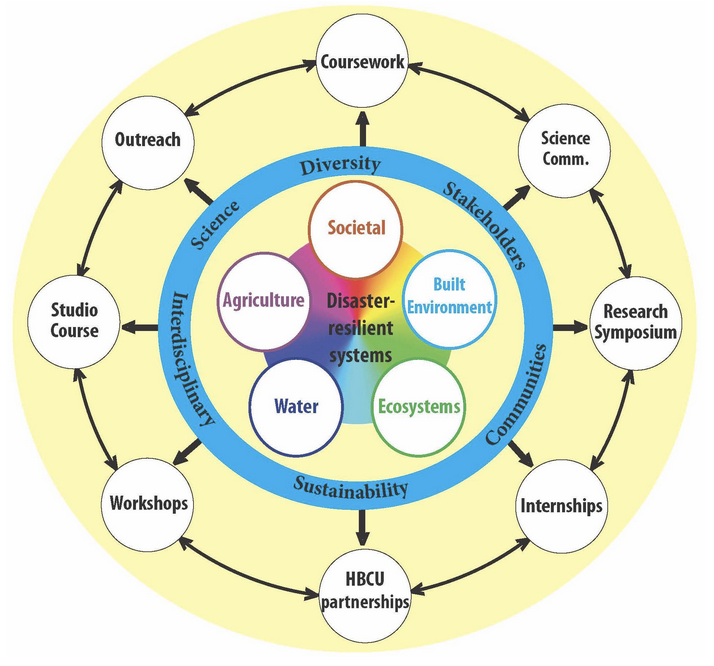
The project is developing an interdisciplinary graduate program addressing issues of climate related risk and resilience planning and decision-making in the southeast US.
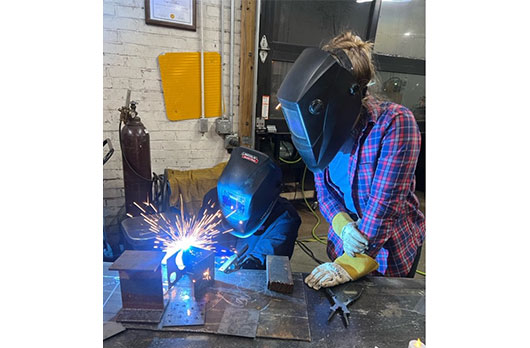
Together with Greensboro NC community partners, researchers from TERC and makers from the Forge, a Greensboro-based makerspace, develop ways for makerspaces to offer more opportunities to young women.

This project lays the groundwork for community conversations about the design and deployment of strategies for innovative, biotech solutions that mitigate the range of climate change impacts–increasing the likelihood of such solutions to be widely adopted.
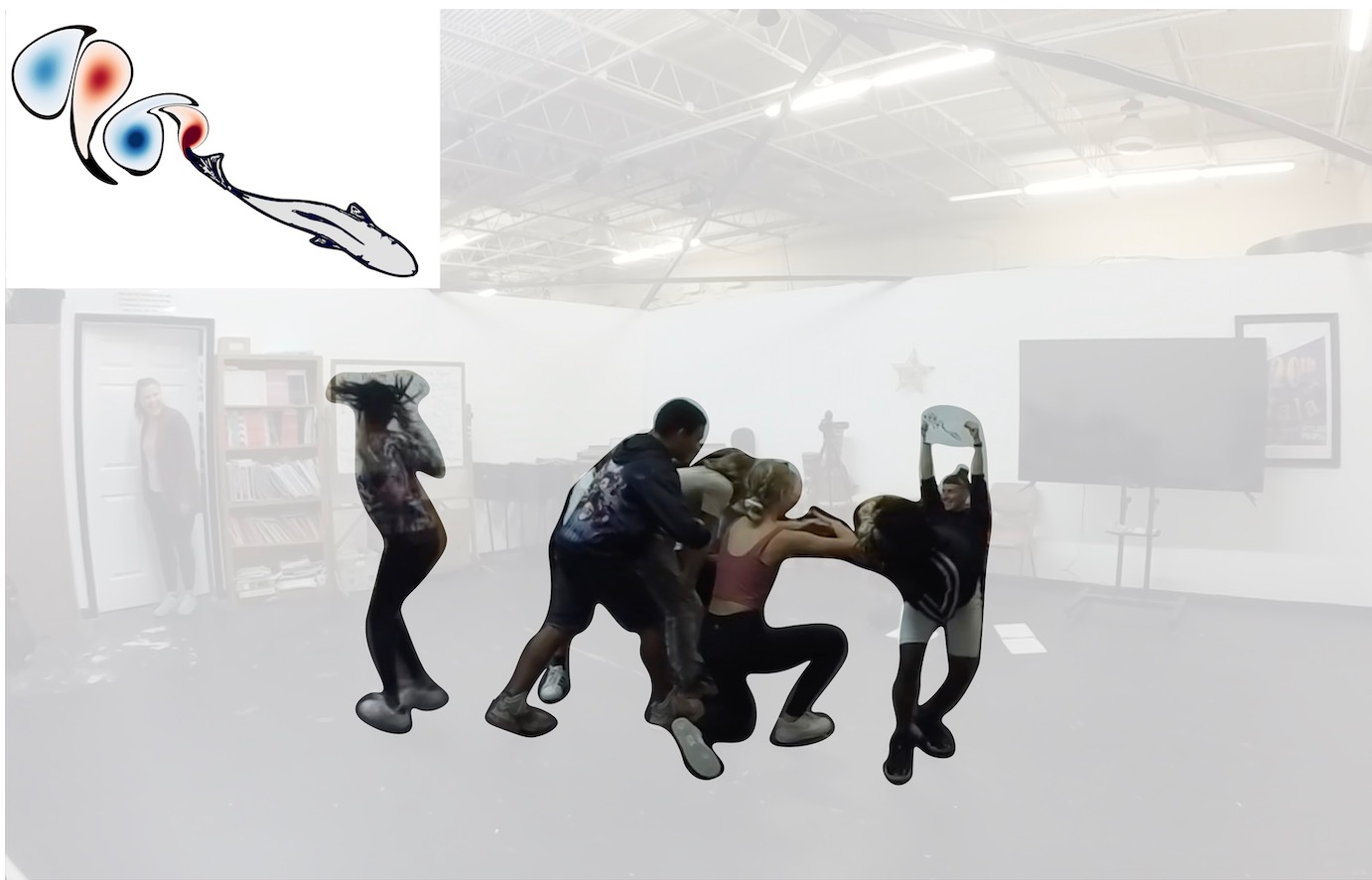
Choreographing Science brings science researchers, youth, and choreographers together in informal community arts spaces to explore the scientists’ authentic research questions through choreographic and computational modeling.
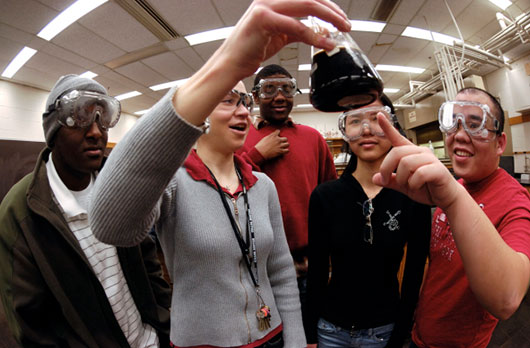
The ACCT project is developing, implementing, and studying a professional development model for improving chemistry teachers’ formative assessment practices to foster teaching focused on chemical thinking.

The project studies the development of the science assessment practices of teachers in high-needs districts.
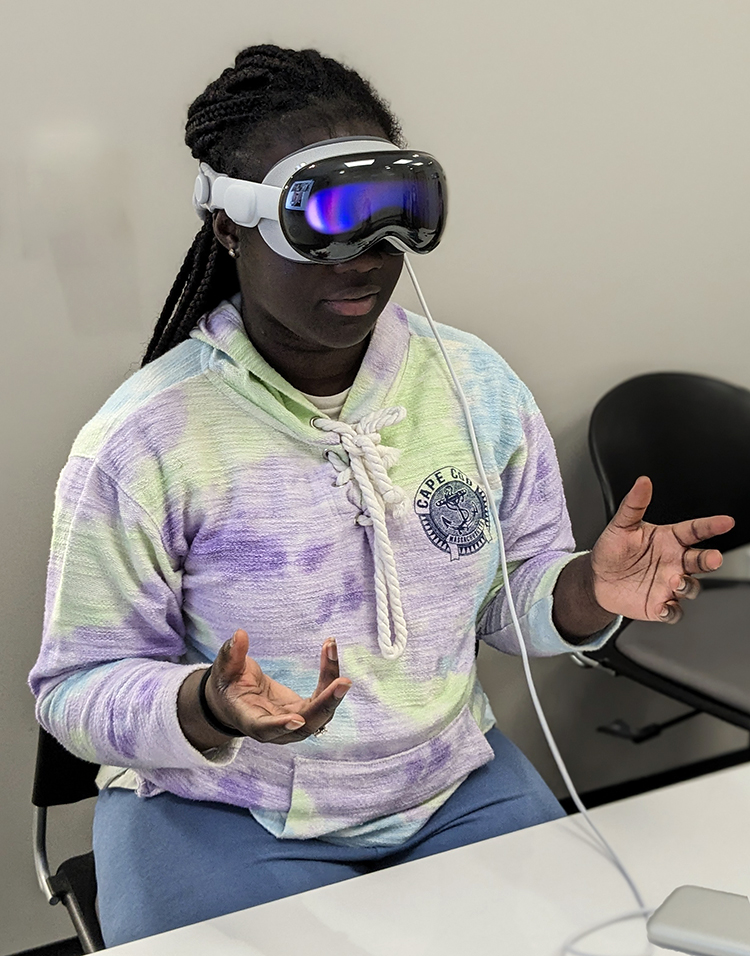
Using augmented reality tools to help students with executive function issues attend to STEM related tasks.
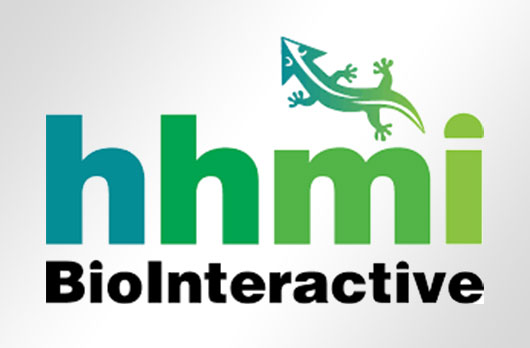
SEEC is working collaboratively with the Howard Hughes Medical Institute’s BioInteractive team to evaluate implementation and impact of classroom resources, planning tools, and professional development designed for science educators.
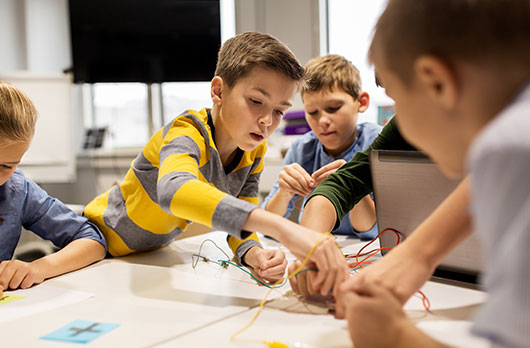
Empowering middle school teachers to integrate biomimicry into STEM units, fostering authentic engagement by aligning with students’ assets, needs, and interests.

The Building Coherence project aims to support development of pre-service elementary teachers’ knowledge, skills, and dispositions for enacting ambitious and equitable STEM instruction, by fostering greater coherence among STEM content and pedagogical teacher preparation opportunities.
